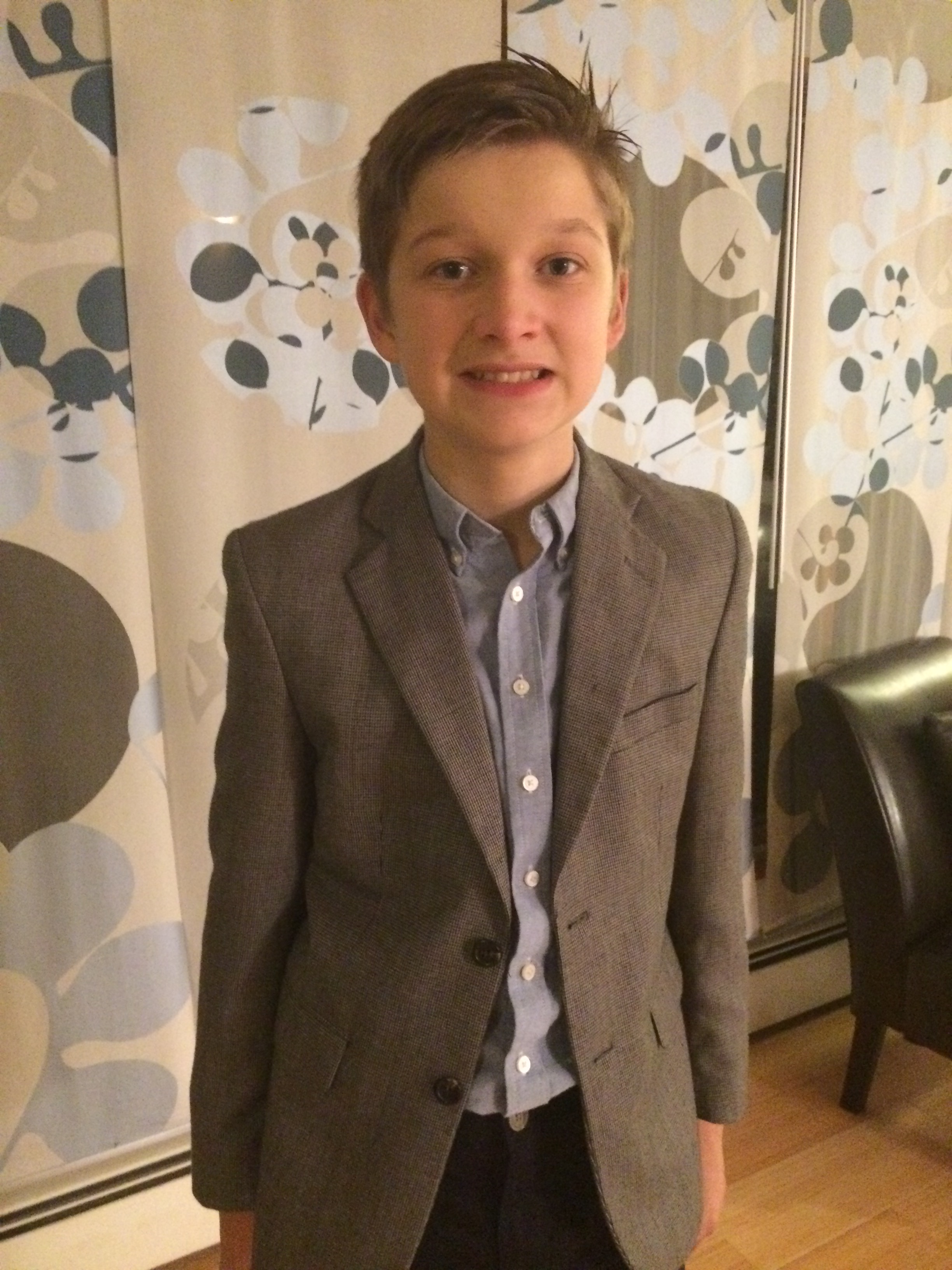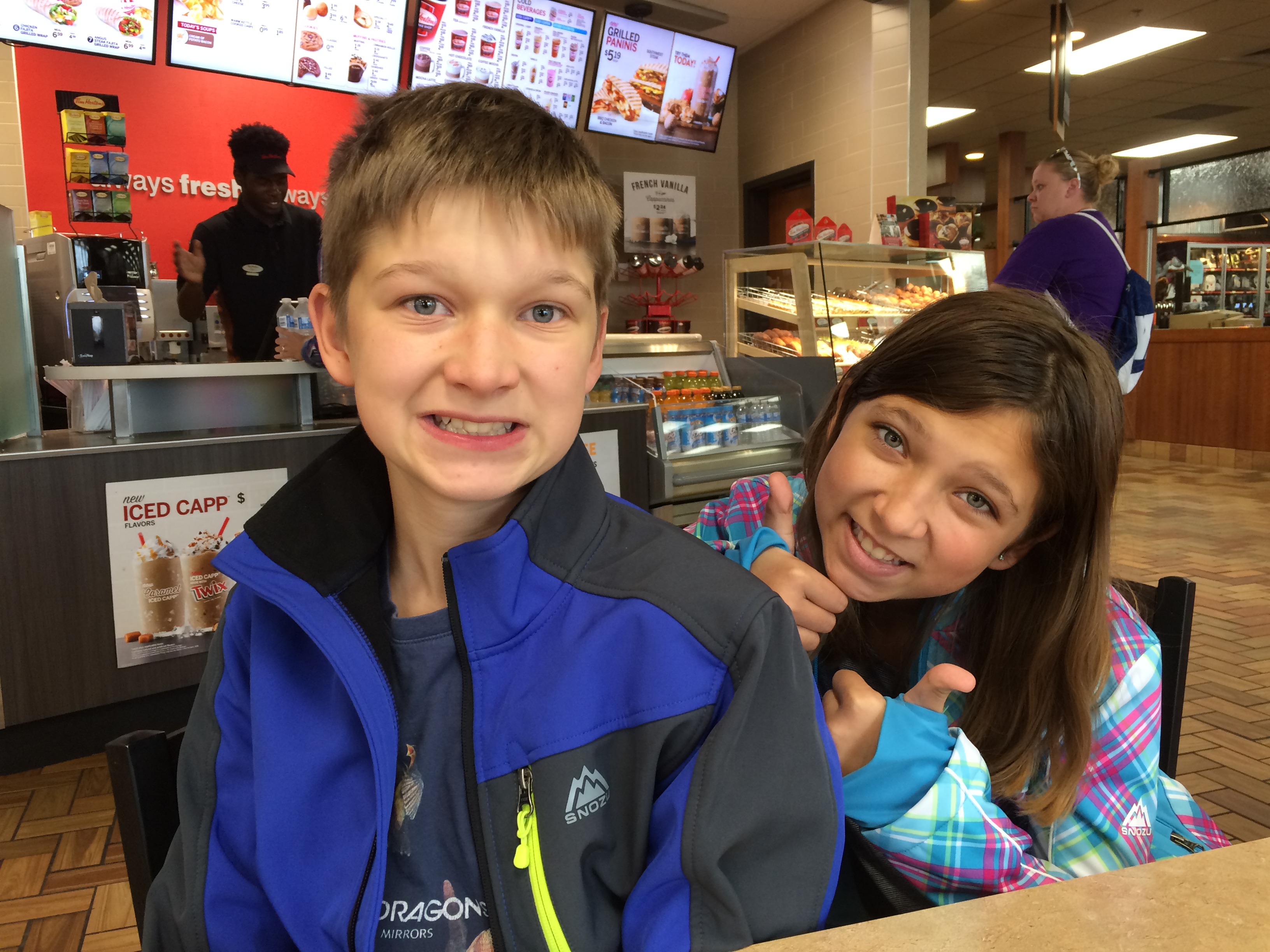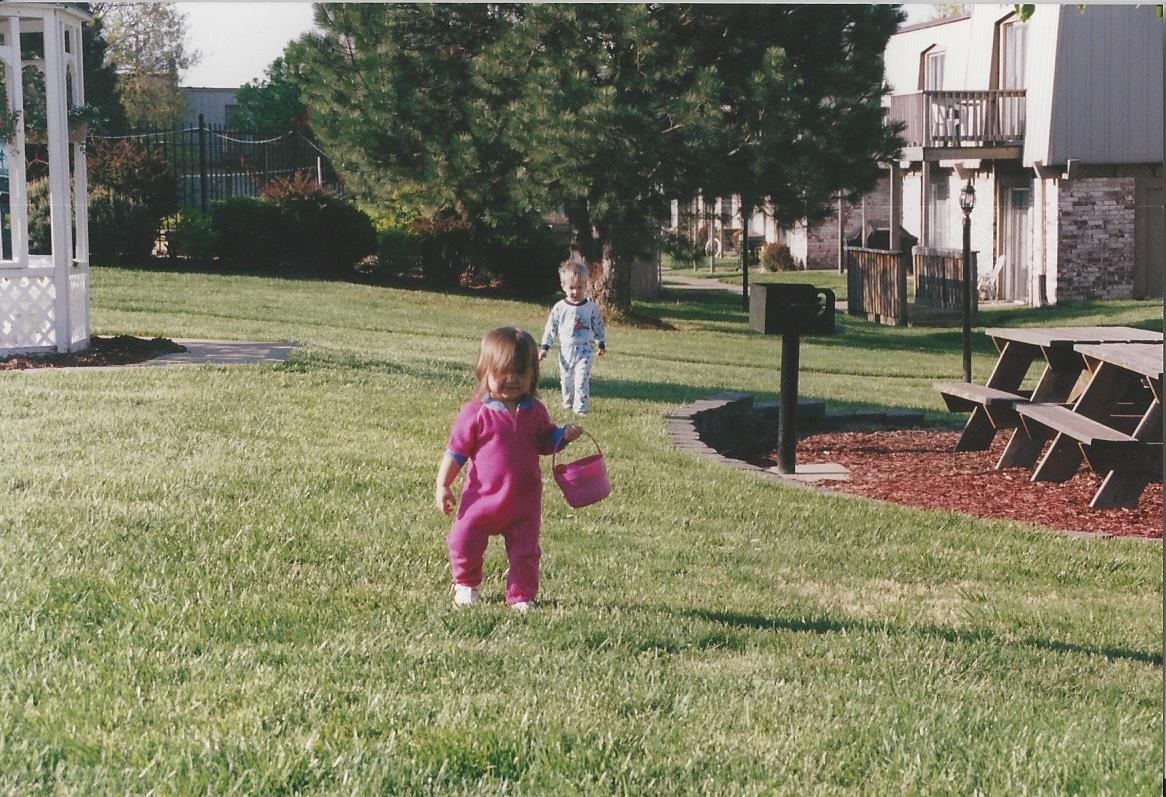
Character development
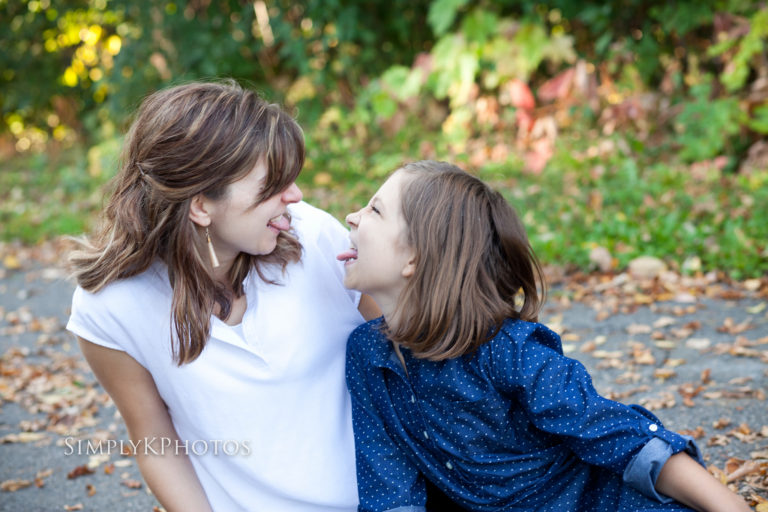 I feel like I’m hitting that phase in parenting where all of a sudden, I’m connecting with my kids on a different, more mature level. Some of it (unfortunately) has been because of what’s been going on in the news lately. I’m finding myself having discussions about words like “groping” and “sexual assault” during afternoon pickup times. Usually it’s not a problem having NPR in the car when I have the kids around, but even as unflashy and unsensational public radio usually is, there’s just no way getting around quotes sometimes used by recent public figures.
I feel like I’m hitting that phase in parenting where all of a sudden, I’m connecting with my kids on a different, more mature level. Some of it (unfortunately) has been because of what’s been going on in the news lately. I’m finding myself having discussions about words like “groping” and “sexual assault” during afternoon pickup times. Usually it’s not a problem having NPR in the car when I have the kids around, but even as unflashy and unsensational public radio usually is, there’s just no way getting around quotes sometimes used by recent public figures.
Most of these types of conversations I’m having are with W. But J was the one who actually asked me the other day what “groping” meant. When I start questioning my radio station choices in front of the kids, W assures me that she hears this sort of stuff being talked about at school too. I’m sure they’re talking current events at school but I’m just as sure she hears vulgar things at school too. We’re in this strange vortex where, for my kids, the grown up world and their world are colliding.
But these new adult and mature connections are not all bad. This weekend we went with some friends to see a rendition of Peter Pan, put on by NDSU, and at intermission W commented to me, “I like the sets and stuff–and the flying is cool, but what about character development?”
These moments are manna to my soul.
Because there are different types of moms out there. There are the moms who love the baby stages–who can’t get enough of that newborn smell, gummy smiles, those eyes that follow you and adore you. There are preschooler moms who love their kids new independence and equal dependence. There are elementary kid moms who love that increasing independence while still loving that innocence kids still have. And then there’s those moms who are teenager moms, and love that stage because they can converse and talk with their kids and really see what their kid’s perception of the world is.
Don’t get me wrong, there are moments of pure hell in all of those phases, but I really love that I can converse and talk with W and see her perception of the world. I really loved these last few days off with W. Saturday morning we went for a run, and I could hear her love for running and the last XC season in everything we talked about along the way. We went to Target and W found a trashy looking “Elf” hat that had Will Ferrell screaming “Santa I Know Him.” (I have a pic of her wearing it which I think is awesome but W vetoed me posting it to any social media 😉 ) We had conversations about theatrical genres like what a “musical” vs a “play” looks like (and which one’s better ;)). We picked up some wall art for her room (because she insists on having a say now on anything that gets put up in her room). It’s fun to see her personality developing–in a much different way then when she was younger. Despite all of our bonding time this weekend, we did have a pre-teen falling out Sunday, but that comes with the territory, right?
But my connection as J gets older hasn’t been as smooth or steady. Sometimes we do get moments of connection, where we just spontaneously laugh at something that is genuinely funny, and then there are moments where he is really expressing his personality verbally, which is really great and amazing and funny. But most of the time, we still have this disconnect. Because his autism and anxiety are just so hard for me to find common ground with sometimes. When I’m tired and frustrated and out of patience, a lot of his autistic and anxious behaviour look pretty darn selfish. J very rarely looks to connect with other people. If someone is interested in the same thing is or feels the same way about something he does, then great! But that outreach is rarely reciprocated by him. He wants to be connected with other people, but he’s not at that place yet where he wants to feel that same feeling–that empathy. He wants to know why you are upset, or why something is funny to you, but he doesn’t necessarily want to feel that same feeling with your. It’s that elusive empathy piece that just doesn’t seem compatible with autism.
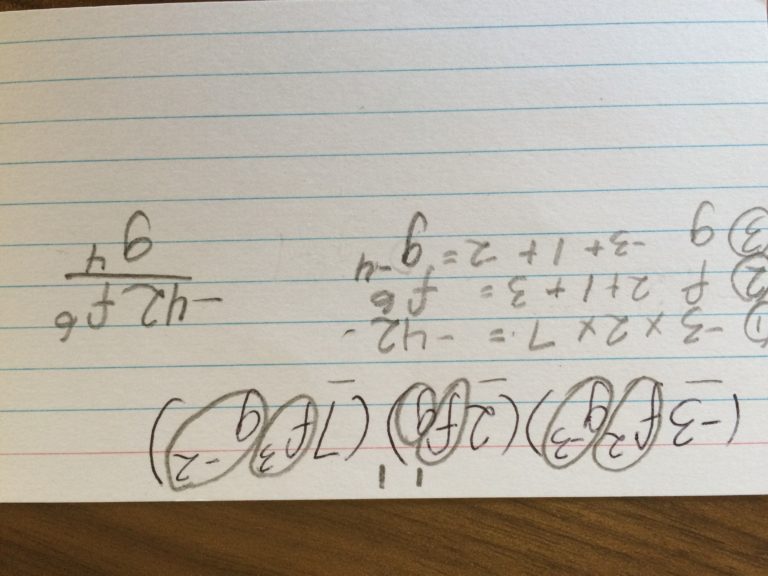

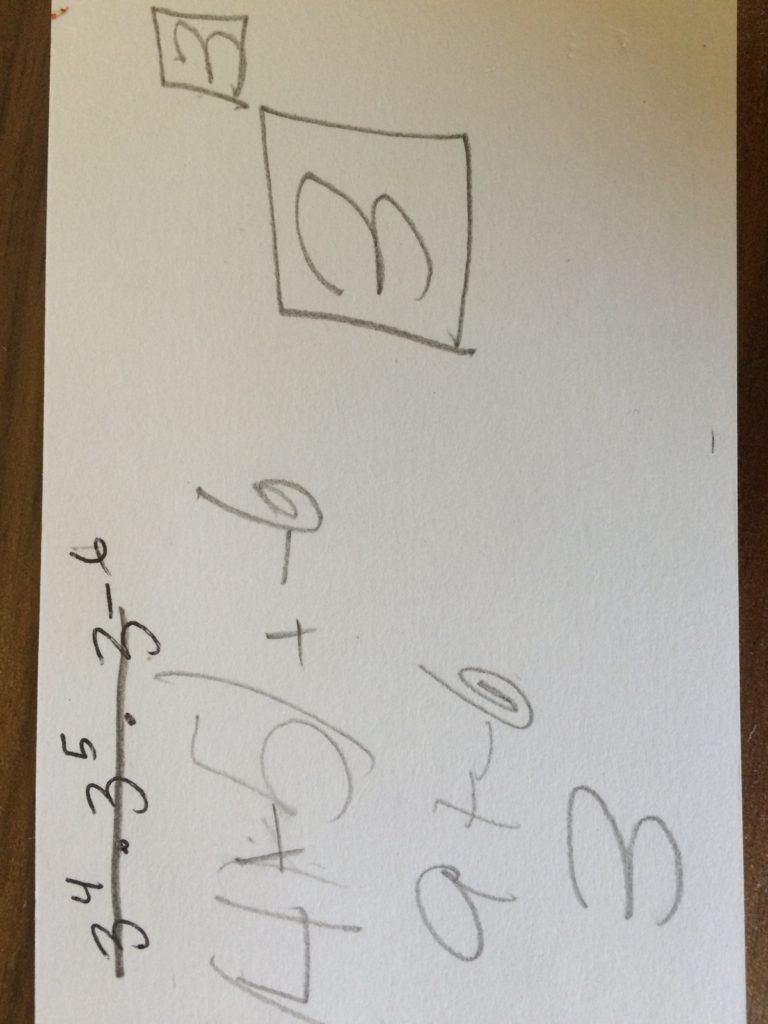
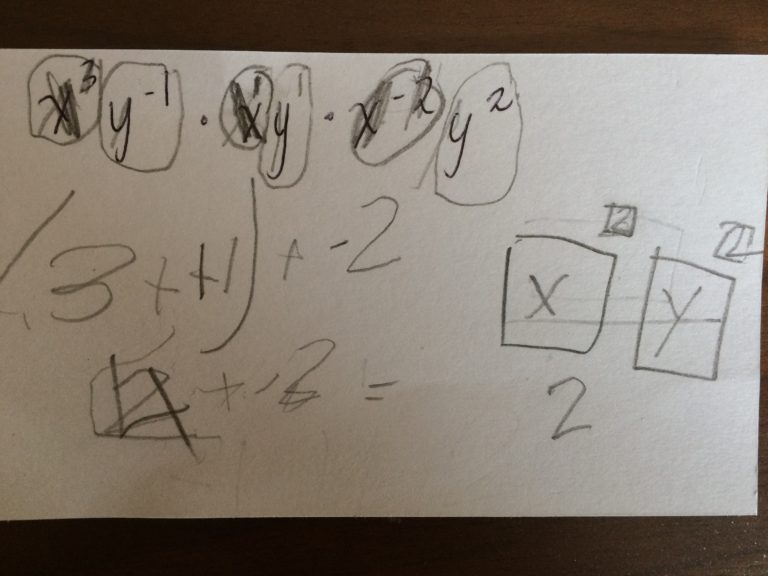
But sometimes there’s these strange ways to make a connection even if it’s just a parallel connection. Even if it’s a connection I’ve never had the desire to make. Recently I’ve been finding ways to connect with J through math and numbers, and I’ve never thought I’d be able to say that in my entire life. J loves numbers and has strange relationships and concepts about numbers (outside of a math context) that I’m not sure anyone (but maybe other kids with autism?) would understand. I’ve never been able to love numbers. But now that he’s struggling with math, it’s forced me to confront my math demons and figure pre-algebra out all over again so I can teach him in a way that he understands (because he’s an unconventional learner). As I relearn these math concepts (and because, for some reason, I can’t remember the math but can remember all the ways and parts I was confused about it) I’m actually able to find ways to keep him engaged in the ways he needs to with math and keep his work organized because of his processing and visual planning issues.
It’s exciting and sometimes a whole lot of work, but I’ll take what connections that I can get right now with both my kids. The genuine ones and the parallel ones.
